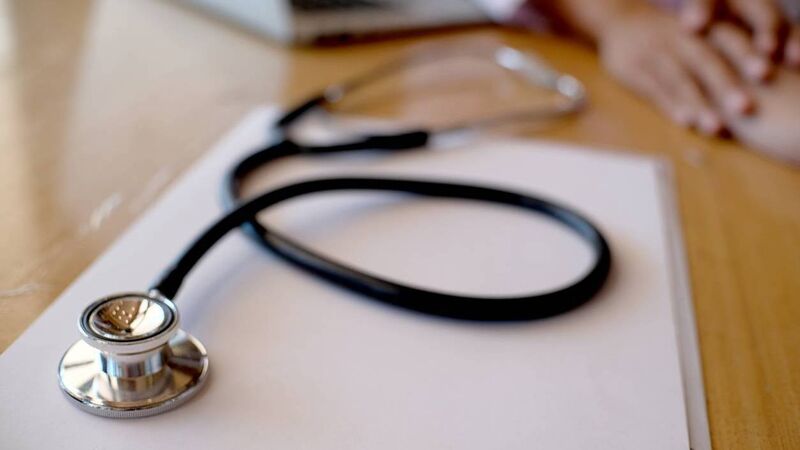GP practices in West Cork close their lists to new patients due to shortage of doctors

The ESRI projected Ireland needs 943 to 1,211 more GPs by 2040, and an additional 761 to 868 GP nurses.
Most GP practices in West Cork are closed to new patients, a problem GPs say is also growing in rural parts of Clare, Kerry, and other counties, as they call for creative thinking to remove obstacles not of their making.
Doctors are not surprised by recent reports from the Economic and Social Research Institute (ESRI) and Department of Health on shortages. They have called for action to help patients in need.
















